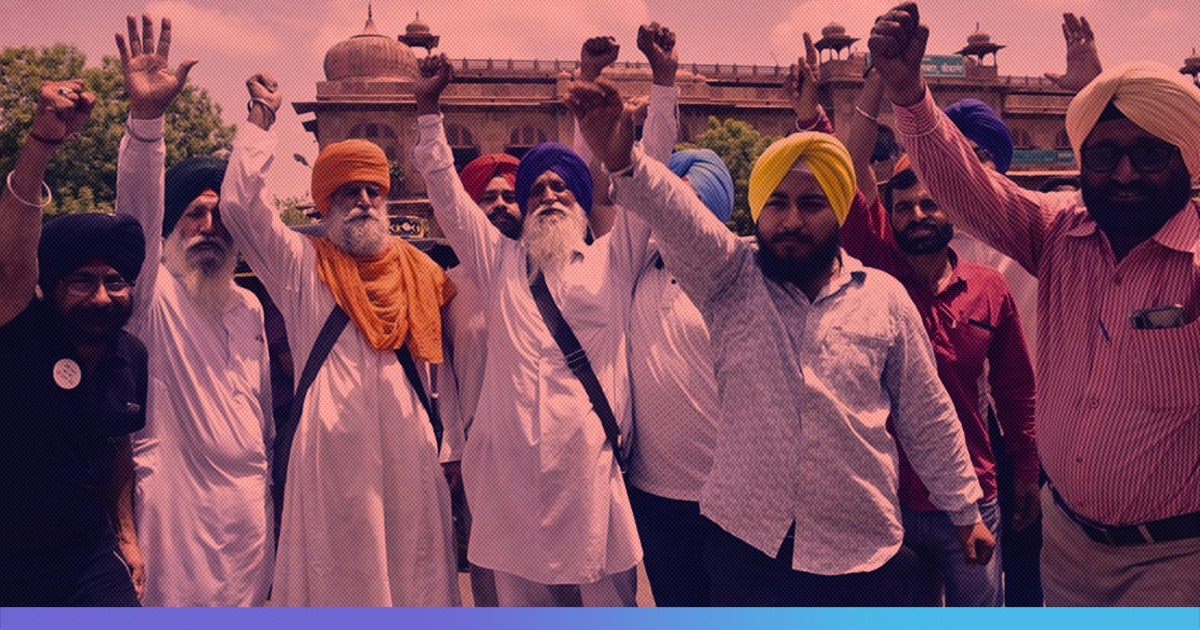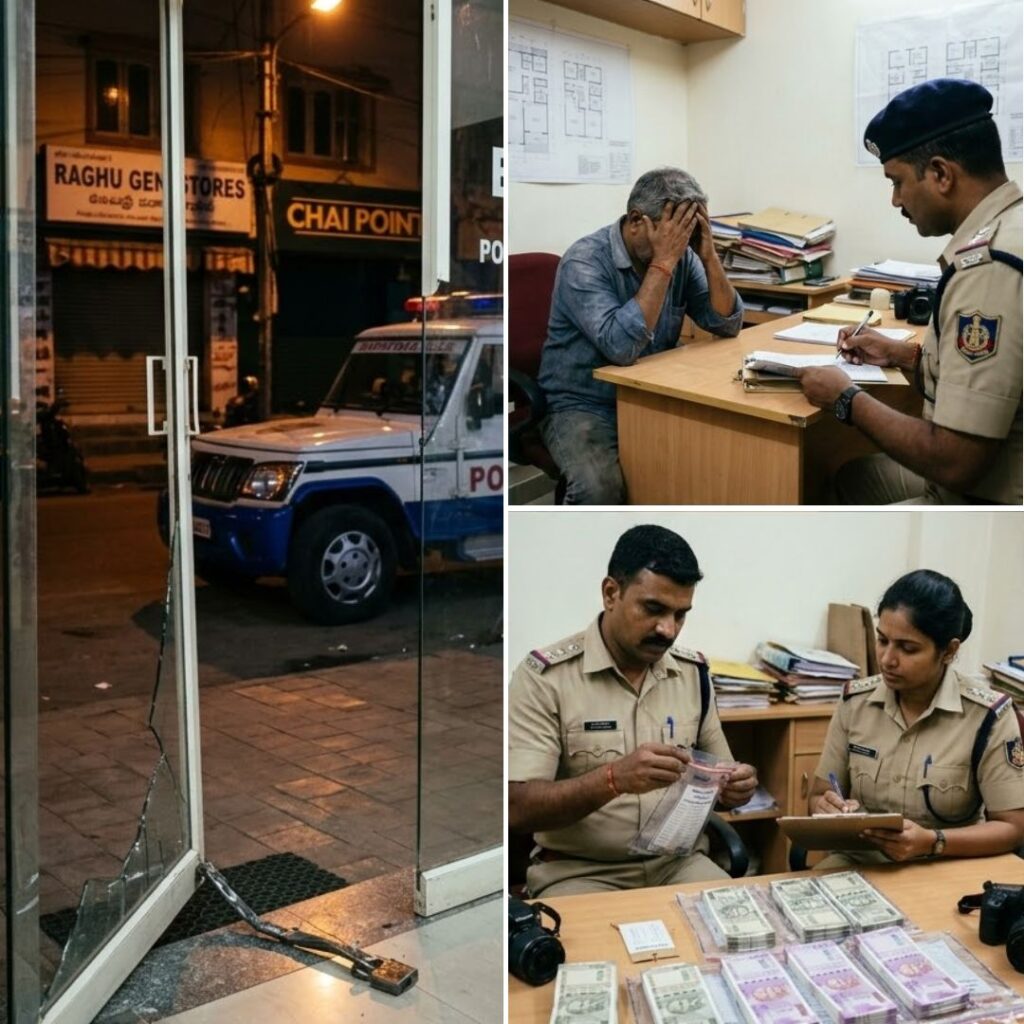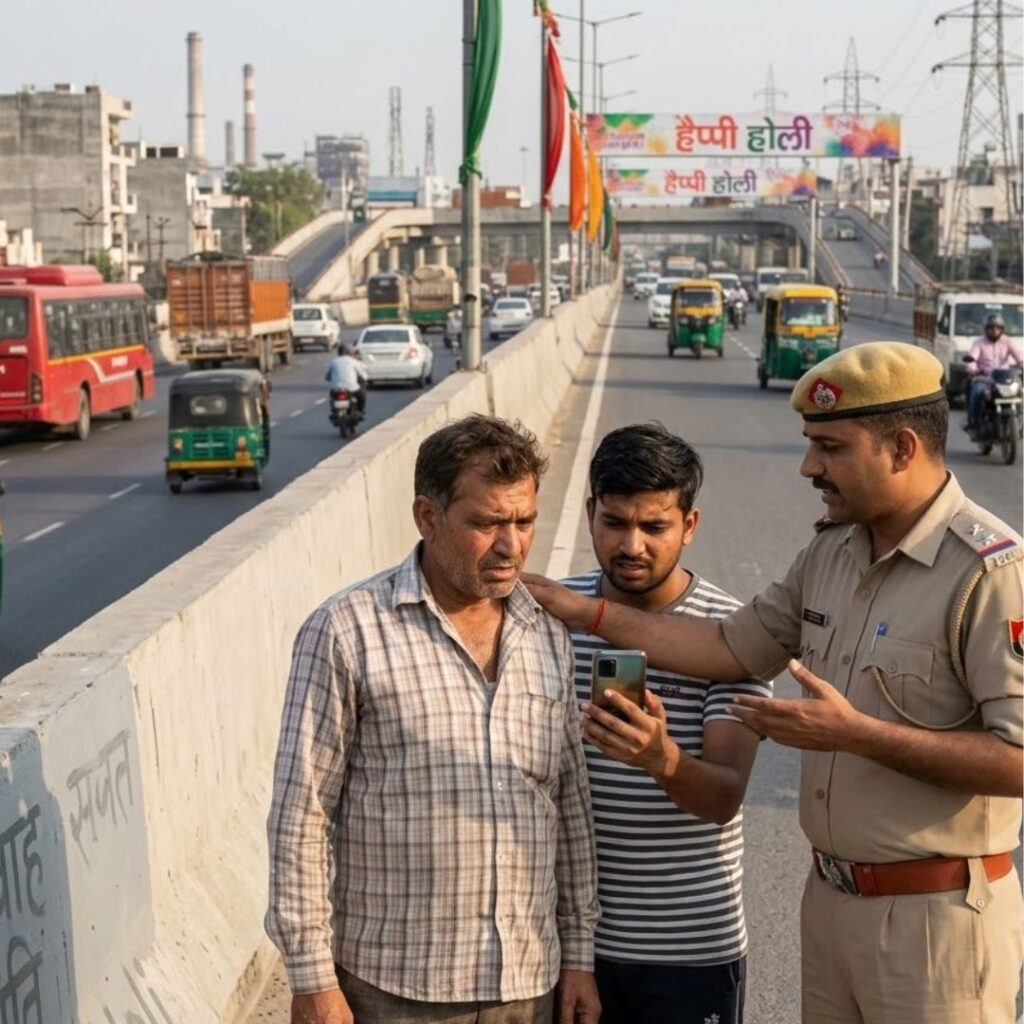As many as 312 Sikhs who had fled the country during peak militancy period in Punjab have been taken out from the Centre’s “Adverse List”. Now, only two individuals remain in the list which had 314 names.
The Adverse List
The Adverse List prevented the Sikhs from getting an Indian visa. Many of them are now either foreign citizens or have taken asylum there. Sources in the Ministry of Home Affairs (MHA) told The Indian Express that the government’s move will allow these people to visit their families in India.
A number of Sikh nationals left the country fearing Indian authorities after being placed in the Adverse List in the 1980s for promoting anti-India sentiments.
According to sources, the two individuals still remaining in the Adverse List are suspected to be linked with forces inimical to India. The government reviewing the Adverse List is a dynamic process and is carried out periodically.
“During the 1980s, many Sikh Indian nationals and foreign nationals belonging to the Sikh community fell to anti-India propaganda. Some Sikh Indian nationals fled India to escape Indian authorities, became foreign nationals and took asylum outside India. They were placed in the adverse list till 2016, making them ineligible to avail visa services to visit India,” said a home ministry official.
The official said that the maintenance of local adverse lists by Indian Missions is the major issue that is coming in the way of grant of consular/visa services to asylees and members of their families, most of them belonging to the Sikh community.
“This practice has also been discontinued. Consequently, all Indian Missions/Posts abroad have been advised to grant an appropriate visa to all categories of asylees and derivative asylees (i.e. family members) whose names do not figure in the Central Adverse List, in line with the procedure followed for other categories of applicants of that nationality,” the official said.
All categories of asylees becoming eligible for issuance of long term Indian visa, after applying for and holding normal visas for a period of two years. Will be eligible to apply for registration as Overseas Citizen of India (OCI) cardholder.
Also Read: Crushed By Fear & Discrimination, Hundreds Of Sikh And Hindu Families Are Fleeing Afghanistan












